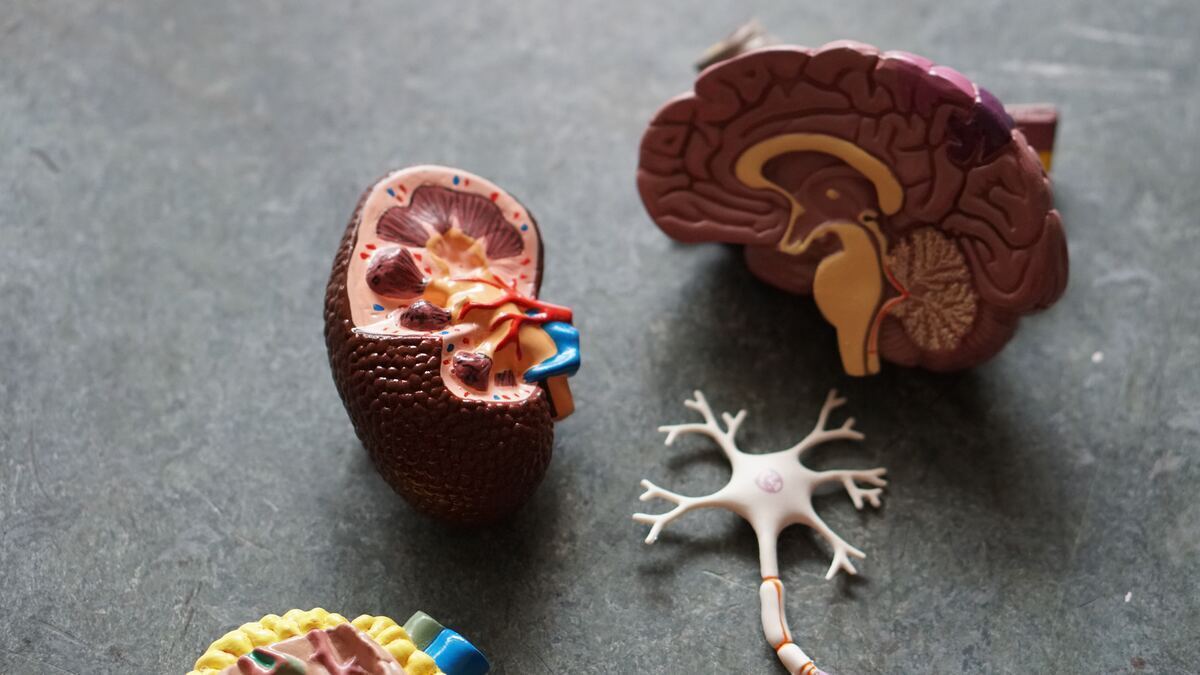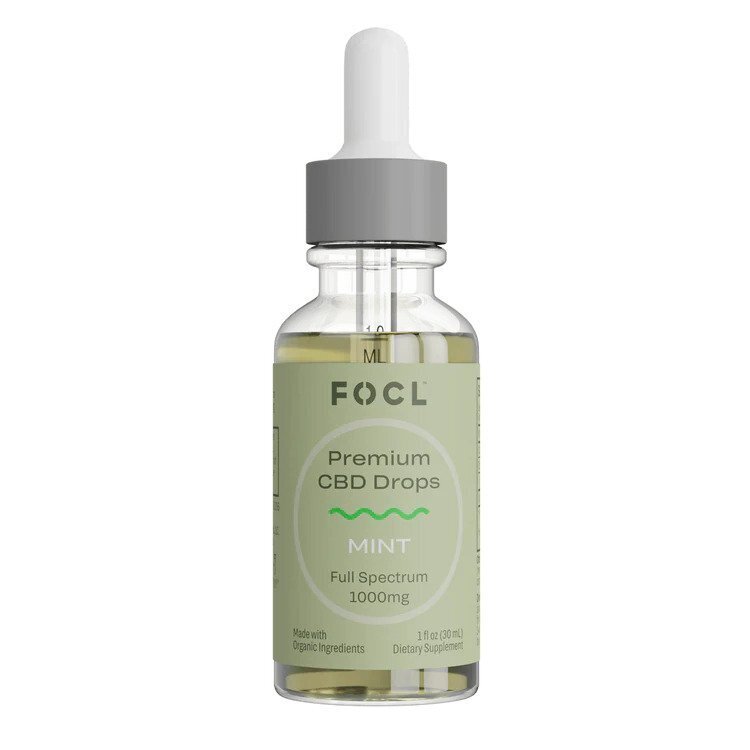The study led by researchers from the University of Nottingham in collaboration with GlaxoSmithKline used rats to compare how different formulations of CBD affected drug absorption in the brain after ingestion. The team found that not only does the oil change the amount of CBD that reaches the brain, but it also changed which part of the brain the CBD reached the most.
For instance, between the three oils compared – coconut, sesame, and rapeseed – sesame led to the highest concentration of CBD reaching the brain after just one hour.
The researchers explained that tailoring CBD oil formulations will likely play a big part in developing CBD treatments for different neurological diseases.
CBD has been shown to have positive effects on a variety of neurological conditions such as migraines, multiple sclerosis, Parkinson’s, and even Alzheimer’s disease. But how much of the drug reaches the brain hasn’t been clear.
“Delivery of drugs to the brain is very important when treating diseases associated with the central nervous system,” the study authors explained. “However, the blood-brain barrier presents an obdurate challenge for drug delivery when targeting the brain.”
The blood-brain barrier physically separates the blood that circulates throughout the body from the central nervous system and is meant to prevent potentially toxic compounds from reaching the brain.
The study authors also emphasize that while most research studies look at how CBD impacts the whole brain, it’s known that drugs don’t typically reach all areas of the brain equally. They believed that two key factors that determine how fast CBD gets to the brain and to which parts include not only how much CBD oil is taken, but what kind of oil the CBD is dissolved in.
Different CBD Oils May Be Better for Treating Different Neurological Conditions
In the study, the team compared an oil-free formulation to three different CBD oils – sesame, coconut, and rapeseed – then examined the rats’ brains at different time points after administration.
When brains were analyzed as a whole, they saw that both the oil-free and the sesame oil formulations led to the highest amount of CBD reaching the brain just after one hour. Both coconut and rapeseed produced similar results but only led to about half the amount of CBD in the brain compared to sesame.
At the one-hour mark, all three oils seemed to help move CBD primarily to the olfactory bulb – the part of the brain which helps detects smell.
For both the sesame and rapeseed oil formulations, the concentration of CBD in these parts of the brain declined shortly after the first hour. However, the coconut oil formulation resulted in higher amounts of CBD at the olfactory bulb even at later time points.
“Delivery to the olfactory bulb is important to understand in general,” the study authors said. “As it is involved in neurodegenerative diseases.” For instance, dysfunction in the olfactory bulb is an early symptom of both Alzheimer’s and Parkinson’s disease.
Because coconut oil has also been reported to be beneficial in protecting against Alzheimer’s disease, a coconut oil formulation of CBD may provide the best benefits to Alzheimer’s patients.
On the contrary, rapeseed oil led to the highest delivery of CBD to the hippocampus while coconut oil resulted in the lowest. The hippocampus plays a major role in regulating memory processing, stimulus-response, and behavior.
For those struggling with depression, using a rapeseed-based CBD oil may help provide a stronger anti-depressant effect.
The researchers explained that these types of differences in the CBD oils are likely due to the different types of fats present in each oil type – however further research will be needed to determine why that is and whether the same effect might be seen in human patients.
Nonetheless, these types of differences will likely play a big part in developing CBD treatments for different neurological diseases.
“Overall, differences in CBD delivery to the whole brain and various brain regions were observed following administration in different formulas,” the study authors said. “[And] oral formulation selection may be important for optimal delivery to specific regions of the brain.”


